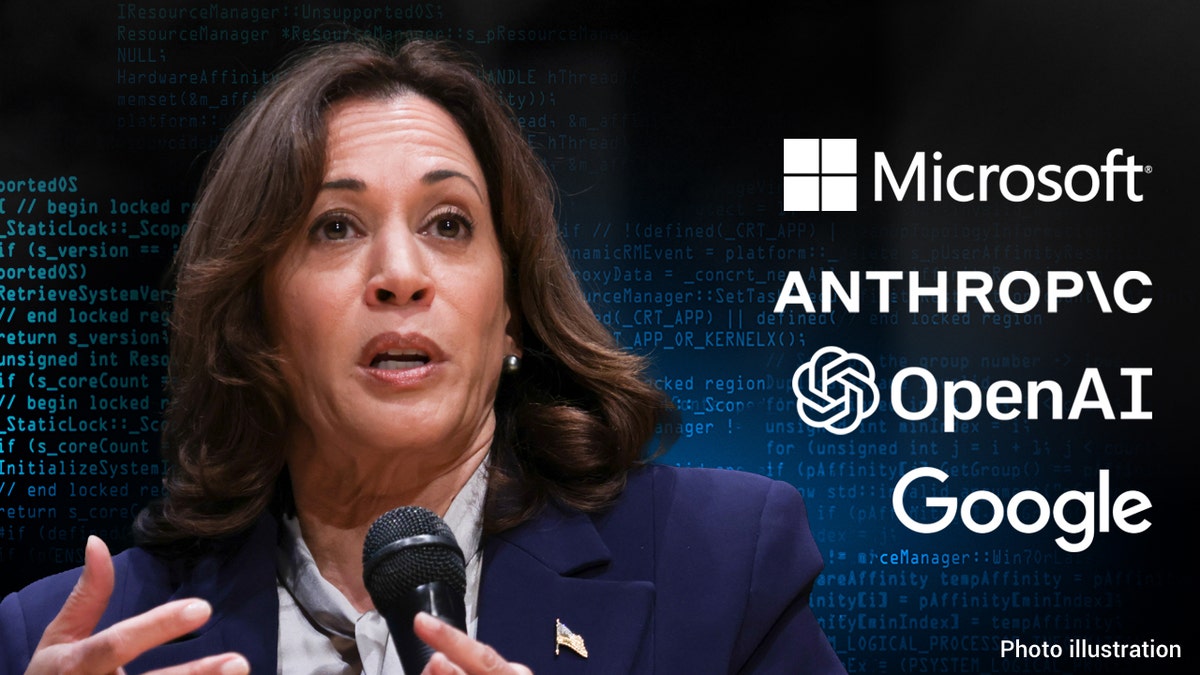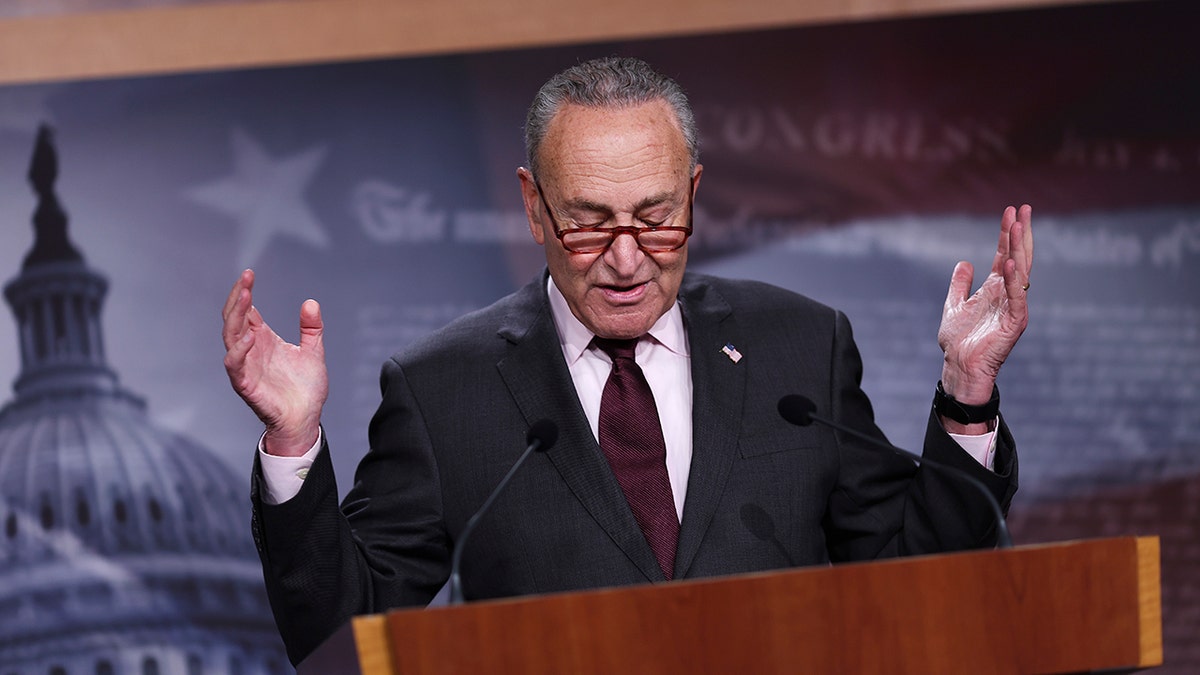Senate Majority Leader Chuck Schumer's ambitious plan to shape AI policy appears to be facing significant delays. Initially promising swift action in April, Schumer now suggests legislation may not be ready until 2024.
Schumer's plan involves gathering input from experts in various fields, including AI developers, scientists, CEOs, and national security specialists. He aims to address a wide range of concerns, from safeguarding innovation and intellectual property to managing risks, ensuring national security, and addressing potential "doomsday scenarios." Transparency, explainability of AI outputs, and user privacy are also key priorities.

The complexity of the issue, coupled with the need for bipartisan support and involvement from multiple committees, adds to the challenge. Schumer's recently announced SAFE Innovation Framework for AI echoes the goals he outlined in April – protecting US innovation while establishing safeguards for security, accountability, human rights, and ensuring clarity in AI outputs.

Experts like Jake Denton, a technology policy researcher at the Heritage Foundation, express concern over the lack of concrete progress. Denton points out that the broad principles Schumer has outlined are widely accepted, but translating them into effective legislation is proving difficult. Various proposals, such as forming a commission or a new agency to oversee AI development and licensing, are being considered.

Denton draws parallels to Congress's delayed response to regulating social media, suggesting that significant AI legislation could still be far off. Despite the potential for further delays, Schumer maintains that his approach, involving focused discussions with experts, is the most effective way to develop a comprehensive regulatory framework. He argues that traditional congressional hearings would be too slow and inefficient to keep pace with the rapid evolution of AI technology.
Comments(0)
Top Comments